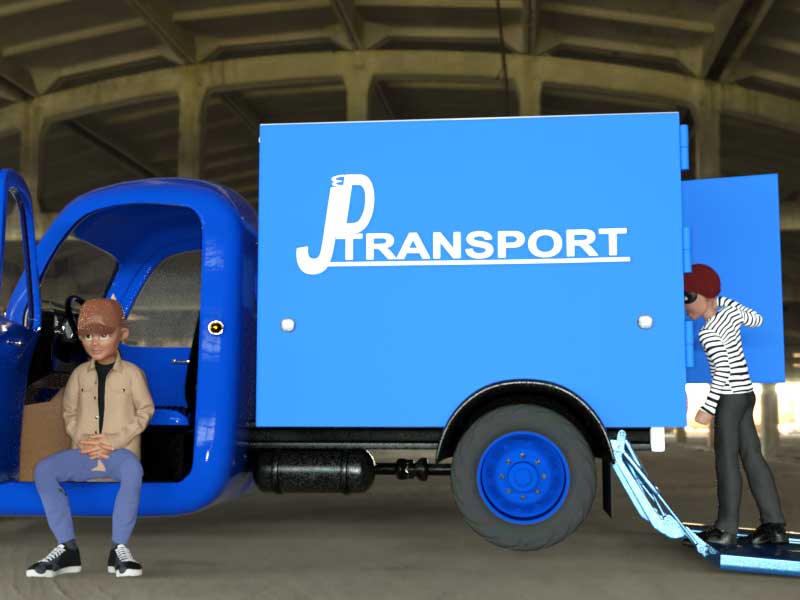
HGV Insurance
Get quotes from the experts


Get quotes from the experts
Do you need HGV insurance? Whether you are an owner operator or run a fleet of heavy goods vehicles the cheapest way to get your insurance may well be to compare quotations from a panel of multiple specialist insurers, all of whom of course are fully authorised by the Financial Conduct Authority for your security and privacy.
Just as with a family car you can choose comprehensive, third-party or third party fire and theft insurance to cover your legal obligations; but you may well want goods in transit insurance to protect your cargoes, and breakdown cover. Breaking down in a HGV could prove extremely expensive since only specialist operators can handle recovering these vehicles, and if the mishap causes an obstruction on a motorway it would be essential to move it as quickly as possible so you would have no time to shop around for prices!
You may well want employers liability insurance and public liability cover as well; often it can prove more economical to buy all these policies from a single source rather than several different ones.
This depends on many factors including the type of vehicle; the owner's operator licence; the business location; type of goods carried; and numerous other factors. The only way to get firm prices is to get comparative quotes from the specialists.
If it's a HGV there will be an insurer to cover it 😀 including:
Tippers
Mixers
Cherry pickers
Skip wagons
Curtain sided vehicles
Low loaders
Refrigerated vans
Pantechnicons
Car transporters
Tankers
Flatbeds
Cranes
Lutons
Articulated vehicles
Box vans
Recovery vehicles
Quotes can be arranged for specialist uses such as carriage of dangerous or inflammable cargoes, bulk liquids, chemicals, and valuable goods.
This depends upon your operators licence.these are:
Not necessarily, some insurers allow for payments to be spread over a few months or even the whole year. Bear in mind though that this is often a more expensive way of buying insurance; partly because it may reduce the number of insurers that you can get quotes from and partly because you would, in effect, be getting a loan, and there are usually extra charges and interest for this. These charges are usually the heaviest for those who are younger, with less experience, or with poor credit ratings.

Oh and let's not forget - comparing quotes can often mean a lower premium too!